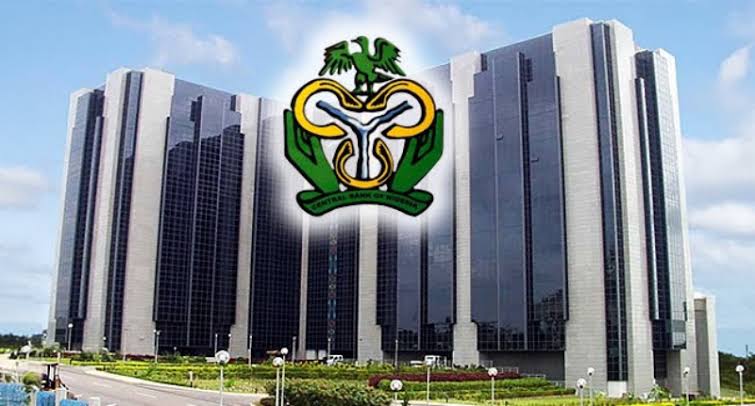The Department of Disaster Management Affairs (DoDMA) has highlighted the concerning increase in natural disasters in several districts of Malawi. Since November 24, stormy rains, flash floods, strong winds, hailstorms, heavy rains, and lightning have impacted Dowa, Kasungu, Mchinji, Mwanza, Nkhata Bay, Nkhotakota, Balaka, Chiradzulu, Mangochi, Ntcheu, and Thyolo.
According to a status report by DoDMA, these disasters have affected 477 households (approximately 2,146 people), with two deaths caused by lightning strikes in Kasungu District. The department has provided relief assistance to 291 affected households, representing 61% of the total number of those affected, by distributing food and non-food items including maize, beans, blankets, pails, and plastic sheets for temporary roofing. Additionally, assessments are ongoing to determine the extent of damage in the affected areas.
To minimize the impact of rainstorms, DoDMA urges the public to heed the daily weather forecast, especially to reduce the risk of being struck by lightning. People are advised to postpone open space activities in the event of forecasted thunderstorms and seek enclosed shelter such as homes, offices, shopping centres, classrooms, churches, or mosques when caught in the open during thunderstorms. It is emphasized that seeking shelter under trees during thunderstorms should be avoided as trees attract lightning strikes.
Charles Kalumba, the commissioner for disaster management affairs at DoDMA, has assured the public of timely information regarding disasters and related developments.
Looking ahead, the Department of Climate Change & Meteorological Services forecasts scattered thunderstorms and locally heavy rains in many places of Malawi from November 29 to December 3, with mostly sunny and very hot conditions expected in the south, along with isolated cases of thunderstorms with rain. Moderate Mwera winds are anticipated over the lake water bodies, including Lake Malawi, from Wednesday night. Furthermore, the department notes that thunderstorms are often accompanied by lightning and possible damaging winds, and advises people to stay in safe and closed shelters during thunderstorms and to reinforce their houses to withstand strong winds.
It is also recommended that people stay hydrated by drinking plenty of water throughout the day, irrespective of thirst, and to visit the Department of Climate Change & Meteorological Services’ website for district-specific weather forecasts as the rainfall season commences in most areas.
In light of recent experiences, the public is urged to take weather warnings seriously, as past cyclones have caused unexpected and devastating effects despite prior alerts. The impact of Cyclones Ana, Gombe, and Freddy has demonstrated the critical importance of preparedness and proactive measures to mitigate the destructive effects of such natural disasters. Furthermore, the conservation of the environment, particularly the preservation of trees, is highlighted as essential in minimizing the damage caused by flooding.
The resilience of critical infrastructure, such as the Kapichira Hydro Power plant in Chikwawa, against natural disasters is crucial. It was revealed that the effectiveness of the infrastructure in withstanding the forces of Cyclone Freddy was partially attributed to the proactive measures taken following the lessons learned from the impact of Cyclone Ana. The reconstruction and reinforcement of infrastructure, as well as adherence to weather alerts, played a significant role in mitigating the impact of subsequent cyclones.
The experiences with Kapichira Dam underline the importance of functional infrastructure to better withstand natural disasters and underscore the need for proactive measures and the adherence to weather warnings.
It is evident that effective disaster management demands an integrated approach encompassing preparedness, proactive measures, and a responsive attitude to weather alerts, ultimately contributing to the protection of lives and infrastructure.



